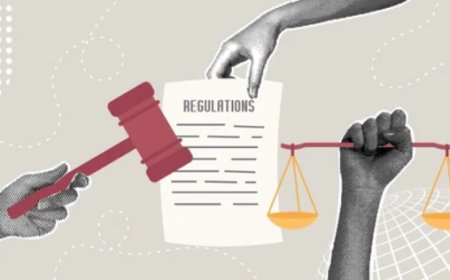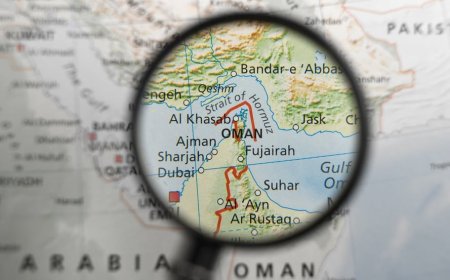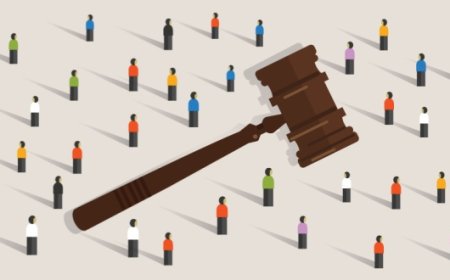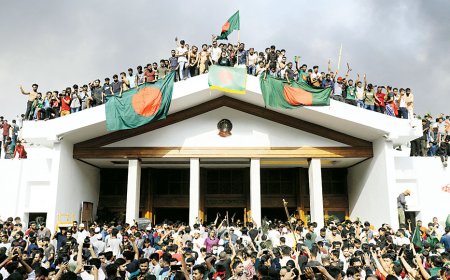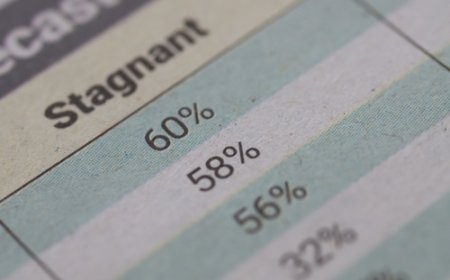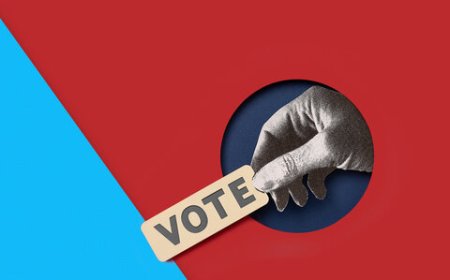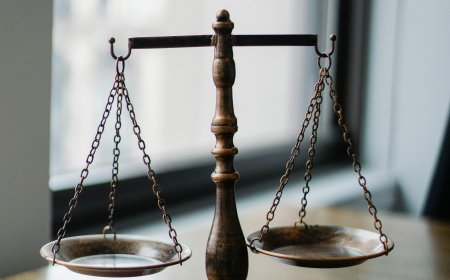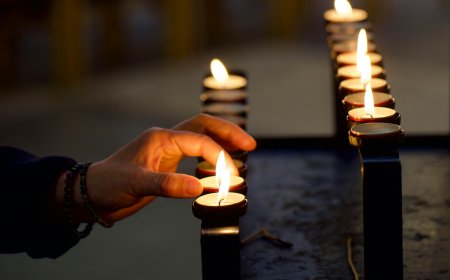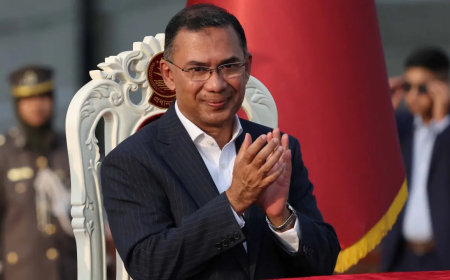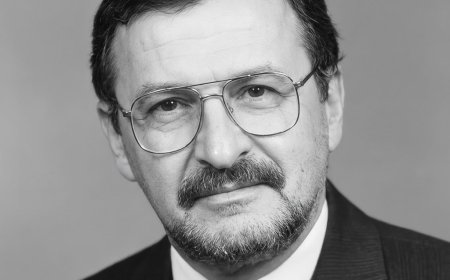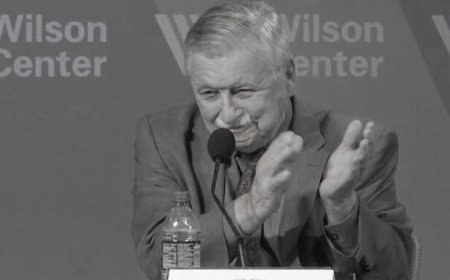In Defence of the Word Unspoken
Societies that silence dissent eventually silence innovation, justice, and even hope. The cemetery of nations is filled not with those who spoke too much, but with those who spoke too little.
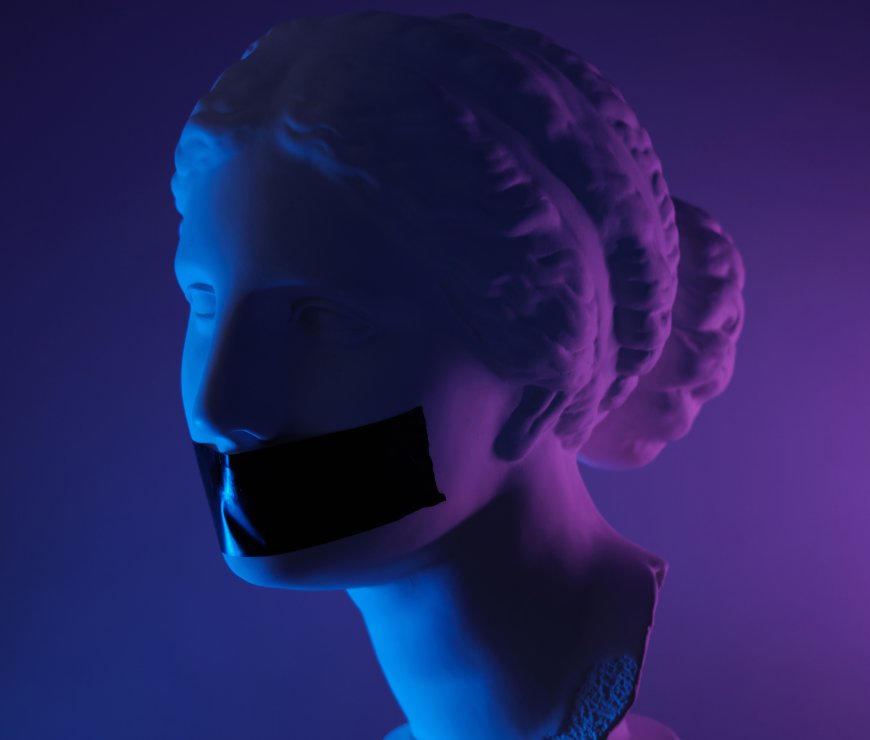
When we list the fundamental rights that define the architecture of a civilized world, freedom of expression invariably comes first. It is a right so profoundly human that it feels almost inseparable from our very being. We think, therefore we speak; we feel, therefore we must express. And yet, this very right -- natural to the human spirit -- has always been an irritant to the state, which instinctively fears the unruly voices of its citizens.
For centuries, the story of civilization has been written as a contest between those who longed to speak and those who sought to silence them. In this conflict lies a truth that is as relevant today as it was in antiquity: the suppression of dissent is not merely an act of governance, but a direct assault on human dignity.
History bears witness to the sacrifices of philosophers, poets, rebels, and politicians who dared to voice inconvenient truths. They often paid with imprisonment, exile, or even their lives. Yet their defiance planted the seeds from which today’s notions of liberty have grown.
To discuss freedom of expression, one cannot but turn to John Milton, who in 1644 wrote Areopagitica, a speech that thundered against censorship. “Let me know, let me speak, and let me argue,” he declared. That such words were necessary in a time when men casually spilled blood yet considered unlicensed printing a crime reveals the paradox of power.
To govern was to control thought; to print was to defy the sovereign. Milton’s defiance, though often ignored in his lifetime, became a cornerstone of the modern democratic conscience.
If Milton represents the protest of conscience, Voltaire embodies the defiance of tolerance. Though the oft-quoted line -- “I disapprove of what you say, but I will defend to the death your right to say it” -- was penned by his biographer Evelyn Beatrice Hall, it distills the essence of his philosophy. Voltaire’s commitment was not merely to speak but to ensure that the other could also speak, regardless of agreement. It is a lesson we continue to stumble over: tolerance is not tested when we nod to words we like but when we allow the voice we despise to echo freely.
John Stuart Mill deepened this discussion in his classic work On Liberty (1859). For Mill, freedom of thought and freedom of expression were Siamese twins; if one died, the other could not survive. His analysis remains piercingly relevant: even the opinion we believe to be wholly false might contain fragments of truth. Suppressing it is not simply an injustice to the speaker but a theft from posterity. In silencing the “wrong,” we may bury tomorrow’s “right.” This is why Mill insisted that liberty was not an indulgence but a necessity for truth-seeking societies.
While philosophers debated, constitutions eventually codified. The United States, through its First Amendment of 1791, declared that “Congress shall make no law ... abridging the freedom of speech, or of the press.” Lofty as these words were, they became meaningful only when courts enforced them.
One landmark case remains instructive: New York Times Co. v. Sullivan (1964). When an Alabama police commissioner sued for defamation, the US Supreme Court ruled that errors in reporting on public officials did not constitute libel unless made with “actual malice.” The decision handed the press a shield that empowered it to criticize authority without fear of crippling lawsuits. In essence, it cemented the principle that democracy is nourished not by flattery but by fearless scrutiny.
Contrast this with societies where criticism is treated as treason, where satire is punished as sedition, where silence is celebrated as “stability.” The result is a brittle peace, a kind of civic embalming. People may no longer argue, but neither do they live fully as free beings. Such “harmony” resembles the quiet of a crematorium -- an order purchased by extinguishing the lifeblood of dissent.
The beauty of freedom of expression lies not in perfect consensus but in noisy contradiction. At a tea stall, one might hear the lament that “the country is going to ruin,” while on social media another proclaims that “the nation has never been better.” Both may exaggerate, both may be half-right, yet in their friction lies the pulse of democracy. Debate, disagreement, and even discomfort are not signs of collapse but of vitality. When everyone suddenly speaks in one voice, it is not a triumph of unity but an omen of coercion.
The lesson, therefore, is as simple as it is difficult: the right to speak must be defended even for those whose words we find distasteful. To silence the voice of the “other” is to rehearse the silencing of our own. Today’s heretic may be tomorrow’s prophet; today’s nuisance may be tomorrow’s necessity. Freedom of expression is not charity granted by the majority but the insurance policy of the minority. Without it, we are all one decree away from muteness.
And yet, the threats to this right are evolving in unsettling ways. In authoritarian regimes, suppression is crude: newspapers shuttered, journalists jailed, critics disappeared. In democracies, the methods are subtler: defamation suits designed to intimidate, laws against “fake news” that become tools of censorship, and even algorithmic manipulation where technology decides which voices we hear and which vanish into digital oblivion. The battleground has shifted from the printing press to the smartphone screen, but the stakes remain the same.
There is also a paradox that complicates the modern debate. While freedom of expression is essential, it is not absolute. Societies must guard against speech that incites violence, spreads deliberate falsehoods, or erodes the dignity of marginalized groups. Yet the temptation to stretch these exceptions into general rules is where liberty suffocates. A balance must be struck, but the presumption should always lean toward openness rather than restriction. It is far better to confront lies with truth, and hatred with reason, than to hand the state the dangerous power of deciding which words may be spoken.
For countries like Bangladesh, where democracy is fragile and institutions often politicized, the protection of free expression is not merely an abstract debate. It is the litmus test of whether politics serves the people or only the rulers. When journalists face intimidation, when opposition leaders are gagged, when ordinary citizens fear the consequences of a Facebook post, the promise of liberty withers. It is worth remembering that no nation has ever grown weaker by tolerating criticism, but many have decayed by suffocating it.
Protecting free expression is, in truth, an act of self-preservation. By defending the rights of others, we defend our own. To demand silence for one’s enemies is to invite silence for oneself. And while silence may seem like peace, it is the peace of extinction. Societies that silence dissent eventually silence innovation, justice, and even hope. The cemetery of nations is filled not with those who spoke too much, but with those who spoke too little.
The struggle for freedom of expression, then, is not the burden of the West or the privilege of the elite. It is a universal duty. From the coffeehouses of London to the tea stalls of Dhaka, from the Paris salons of Voltaire’s age to the online platforms of our own, the cry remains the same: let us speak, let us argue, let us disagree. For in that chorus of discord lies the only true harmony of democracy.
If we forget this, if we allow silence to masquerade as peace, we may find ourselves in a world where everyone speaks in unison -- because no one dares to speak at all. That is not the freedom of civilization but its funeral.
H. M. Nazmul Alam is an Academic, Journalist, and Political Analyst based in Dhaka, Bangladesh. Currently he is teaching at IUBAT. He can be reached at [email protected].
What's Your Reaction?







